The biggest MMO failures in history
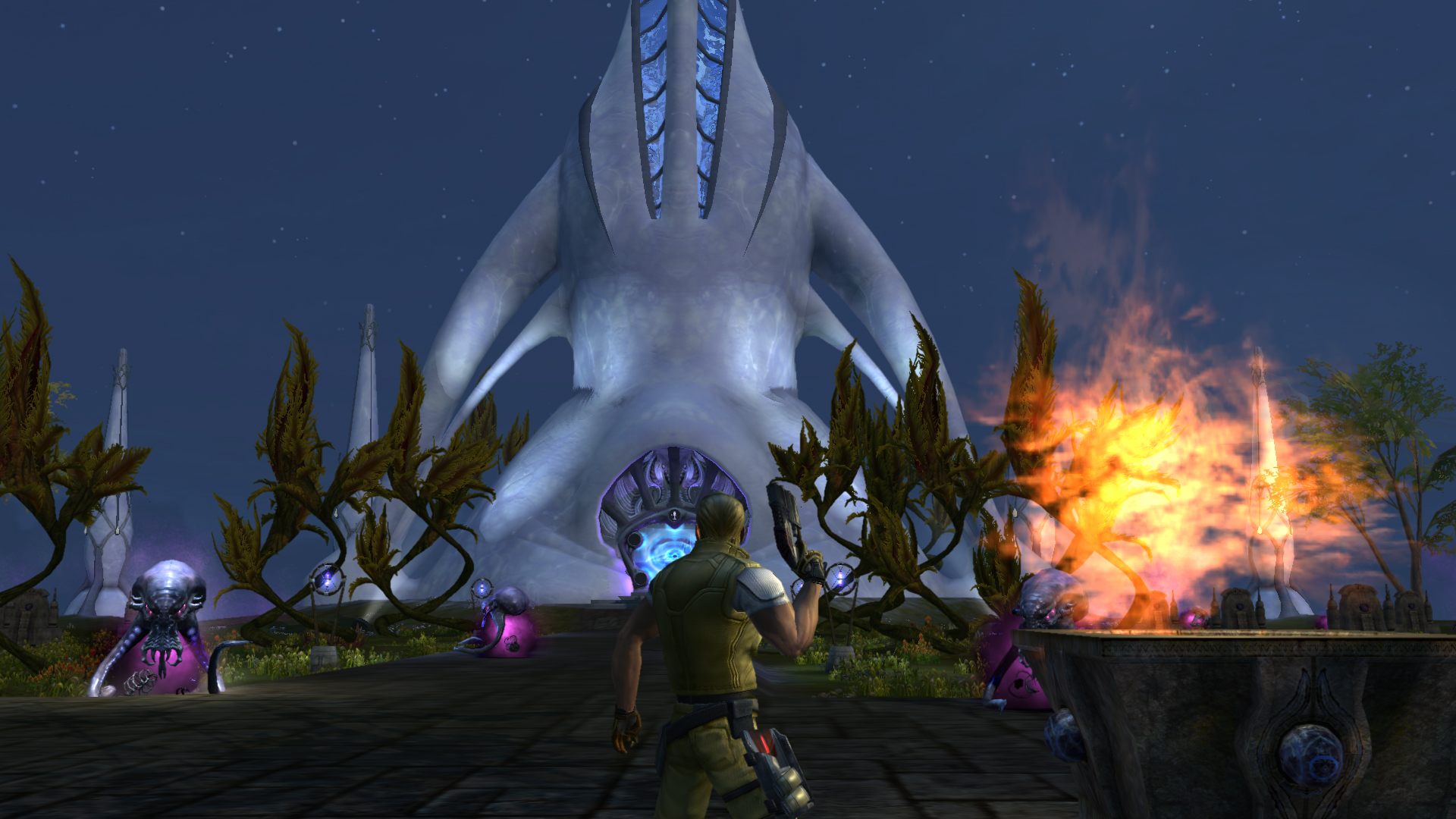
The bigger they are, the harder they fall
MMOs are some of the biggest, most ambitious games made. They create sprawling worlds for us to live in, populated by hordes of other players to meet and enemies to defeat. But the mountain that World of Warcraft clawed its way to the top of is littered with the bones of fallen competitors and predecessors. Some have shut down entirely while others fizzled out, never truly living up to the promises and potential they made before launching.
But don't be too sad. Somewhere out there is a wonderful MMO heaven where all MMOs go when they die. It's a magical place full of eager subscribers who will never abandon them for better games, a place where every patch only makes the game better instead of worse and where the realities of business don't hold any sway. Many of those MMOs might be there now, and so to honor them, we're taking a look at the biggest MMO failures in history.
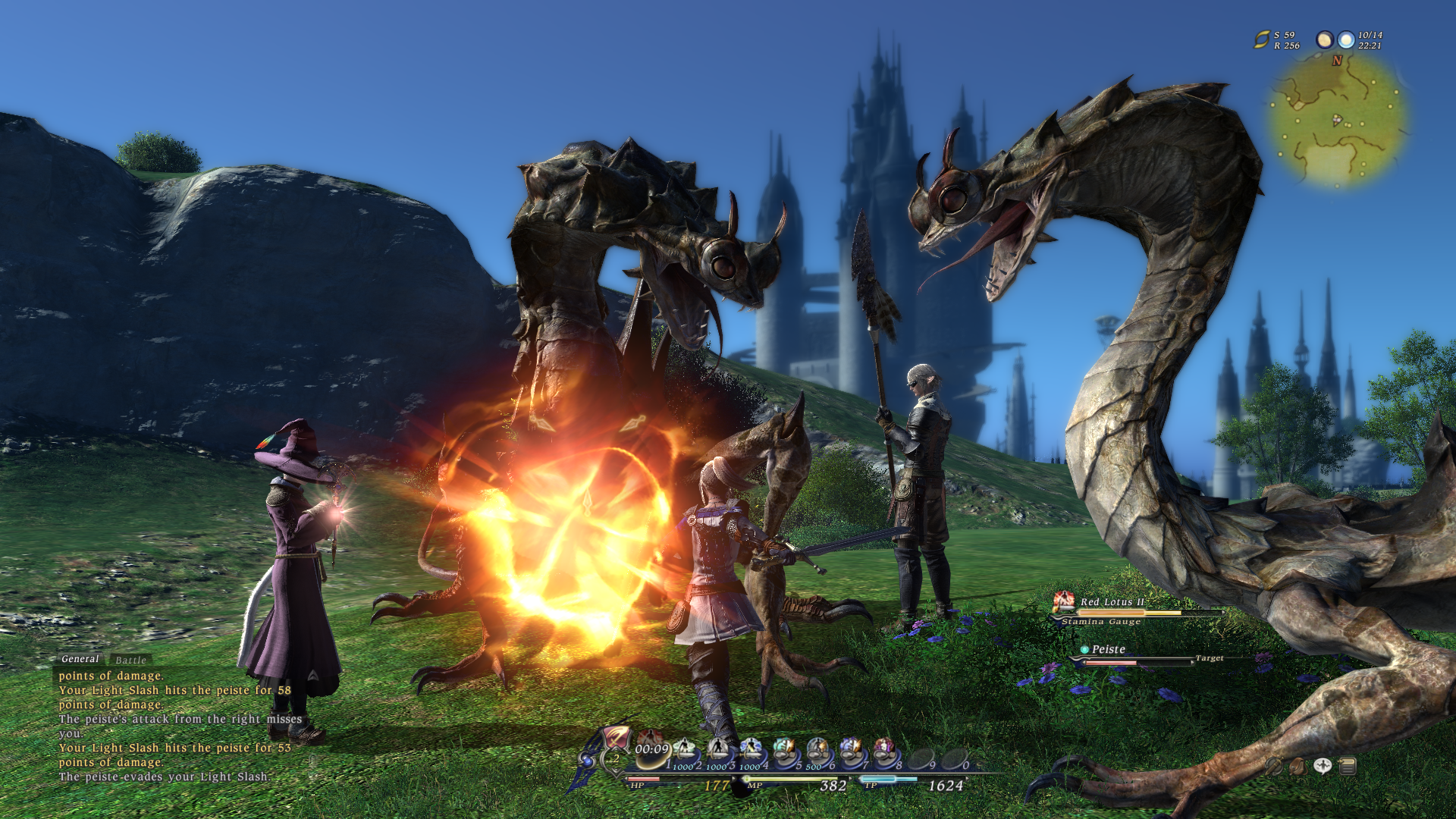
Final Fantasy XIV, 2010-2012
Final Fantasy XIV: A Realm Reborn isn't just the greatest comeback story in the history of MMOs, but arguably in the entire history of gaming. There was a time when FFXIV wasn't the wonderfully charming and fun game it is today, a darker time when the game was plagued by an awful interface, even worse performance issues, and a bland realization of what makes the Final Fantasy series and MMOs so great.
Originally intended as a spiritual successor to Final Fantasy XI, Final Fantasy XIV was supposed to bring the series into the next generation of MMORPGs. Instead, it was a mishmash of ideas, each one as poorly executed as the next—a result of years of troubled development spanning as far back as 2005. In the end, Final Fantasy XIV was so poorly received that Square Enix's image took a serious hit, putting Final Fantasy against the ropes as many wondered if this was the series' death knell. None of us really expected what Square Enix did next: shutting FFXIV down and rebuilding it into the Final Fantasy XIV: A Realm Reborn we have today, scrapping many of the MMOs original concepts in the process. It worked, and FFXIV will just be remembered as a speed bump.
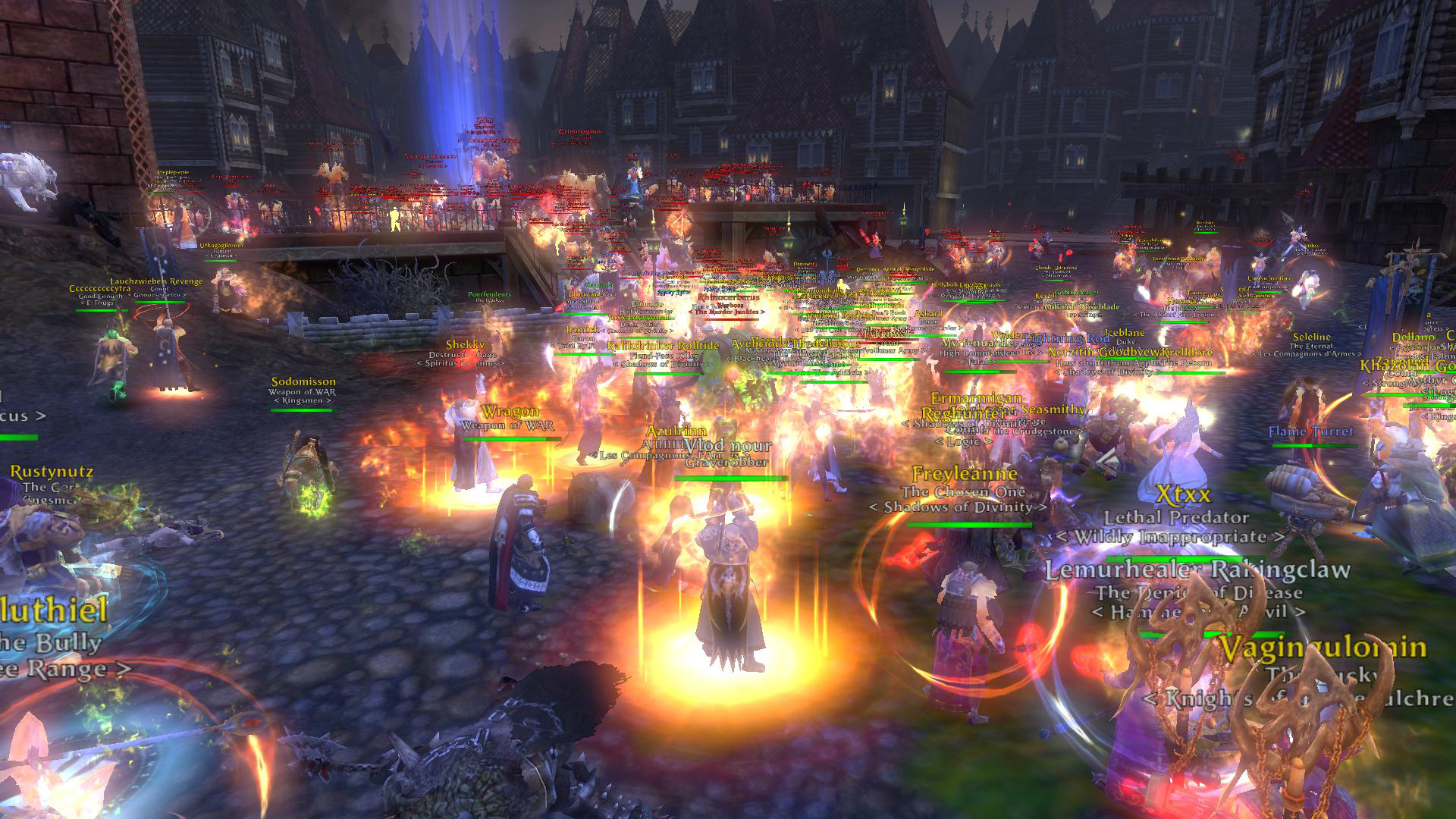
Warhammer Online: Age of Reckoning, 2008-2013
When Games Workshop teamed up with Mythic Entertainment, the minds behind the excellent PvP MMO Dark Age of Camelot, there was a ton of excitement. For decades, fans of Warhammer had lived out their epic battles on tabletops and now they would be able to take the fight online in an expansive fantasy world. When Warhammer Online hit store shelves in 2008, many wondered if this was the MMO to finally usurp World of Warcraft as the king. But a short five years later, Mythic and EA were throwing in the towel and shutting down the servers.
Though Warhammer put up a good fight, its emphasis on epic-scale PvP was too limited for players wanting a more robust overall MMO experience. Even its innovations, like public quests that everyone worked together to complete, couldn't help it topple Blizzard's giant. Warhammer Online never became the big success that EA had hoped, and when the licensing agreement with Games Workshop ended, the publisher let the game end with it.
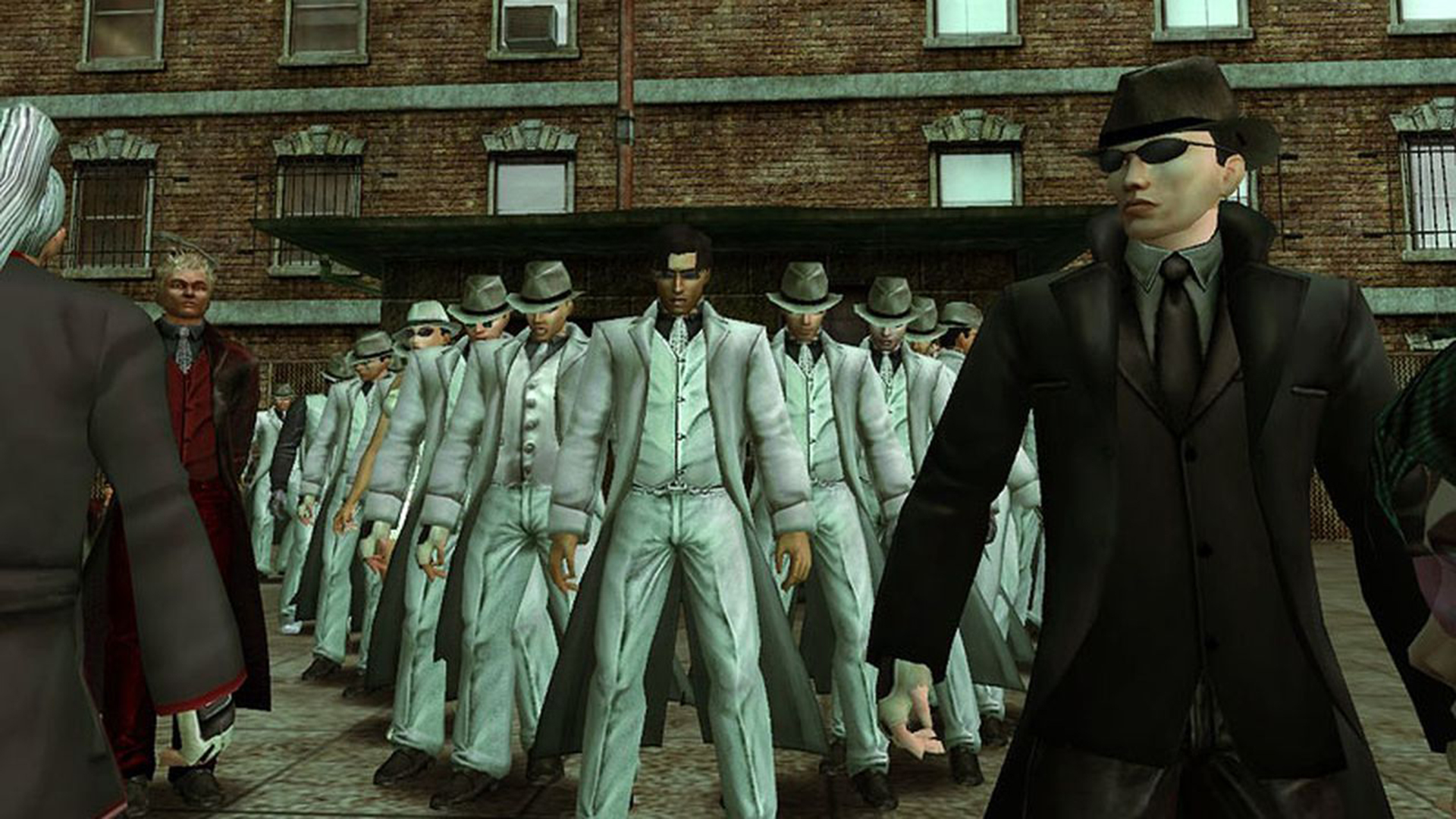
The Matrix Online, 2005-2009
Cashing in on the massively popular movie series, The Matrix Online was envisioned as a direct continuation of the story, letting players take up the role of awakened "redpills" to fight—or join—the armies of machines that had enslaved humanity. The thrilling gunfights and martial arts of the movies were somewhat successfully translated into the game by "interlocking" you into fights with other characters, exchanging blows in a way that felt more fluid than the disjointed combat usually seen in MMOs of the time.
Sadly, the licensing of The Matrix just wasn't enough to keep this one from slowly dying off. Beneath its grimy exterior, The Matrix Online was a mediocre MMO with a handful of novel ideas, and players slowly started drifting away in search of better alternatives. The Matrix Online was dying proof that moderate success wasn't enough to keep most MMOs afloat, the plug was pulled. A final event was planned where the remaining players would face destruction, but due to the system-taxing superpowers that were given to them as a final farewell and several server glitches, the final climactic ending was spoiled by lag. The Matrix Online ended much like it lived: with a fizzle and not a bang.
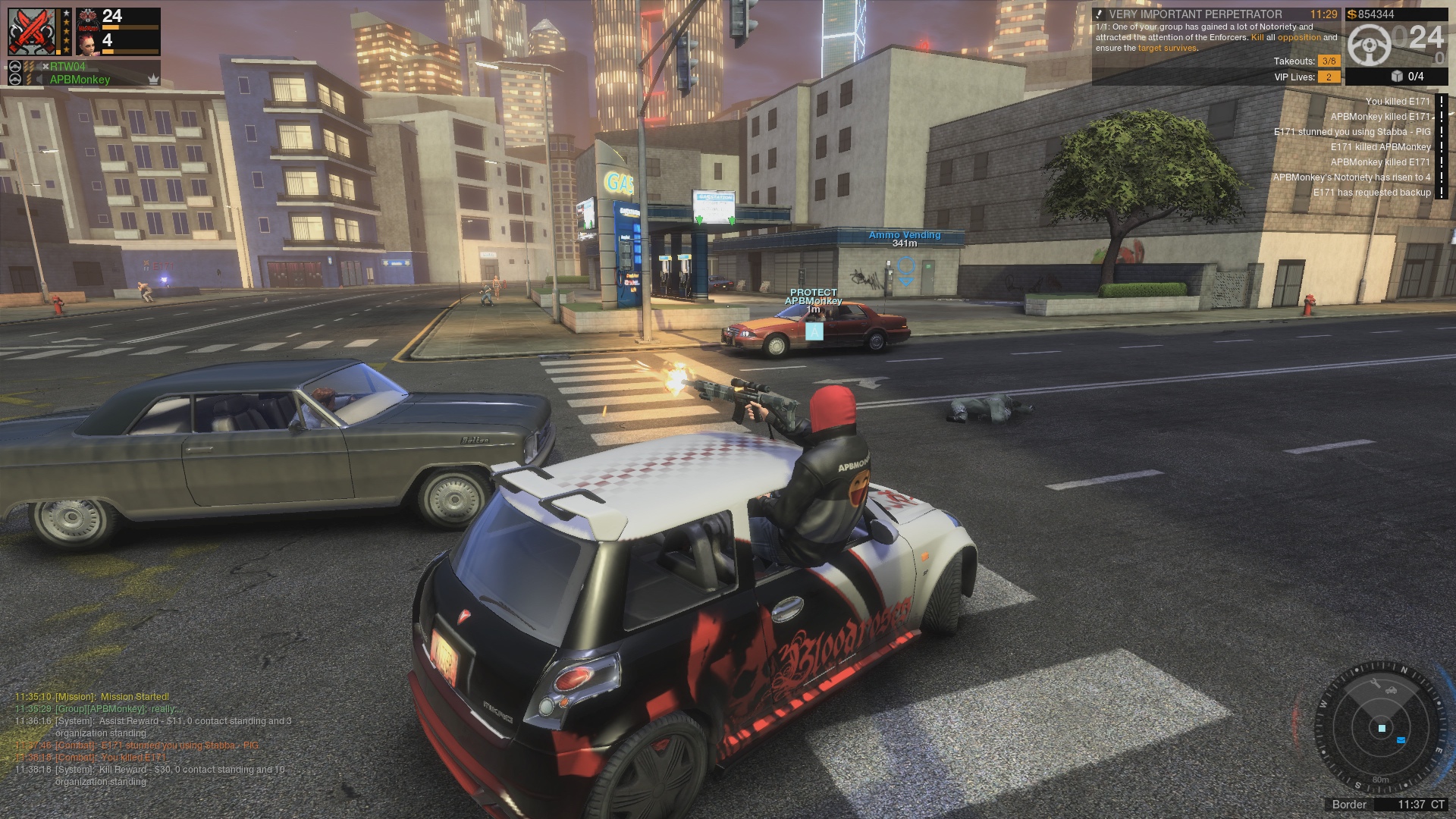
APB: Reloaded, 2010-present
Designed by the original creator of Grand Theft Auto and Crackdown, APB was meant to recreate all those afternoons spent running around as kids playing cops and robbers but in a gritty urban landscape where rival gangs of enforcers and criminals clashed in violent glory. Instead, APB received two shots to the head by awful controls and imbalanced gunplay. Not very many were around to mourn its demise when the servers were scheduled to close and the developer, Realtime Worlds, draped a "for sale" sign on its front door months after launch.
K2 Network found the game bleeding out and resuscitated APB, slapping "Reloaded" onto the name to signify its phoenix-from-the-ashes revival in 2011. But a new name can't save a bad game. Today, APB: Reloaded continues to fail to live up to its potential, becoming even more unbalanced as microtransactions seep in, leaving it feeling like it's on life support.
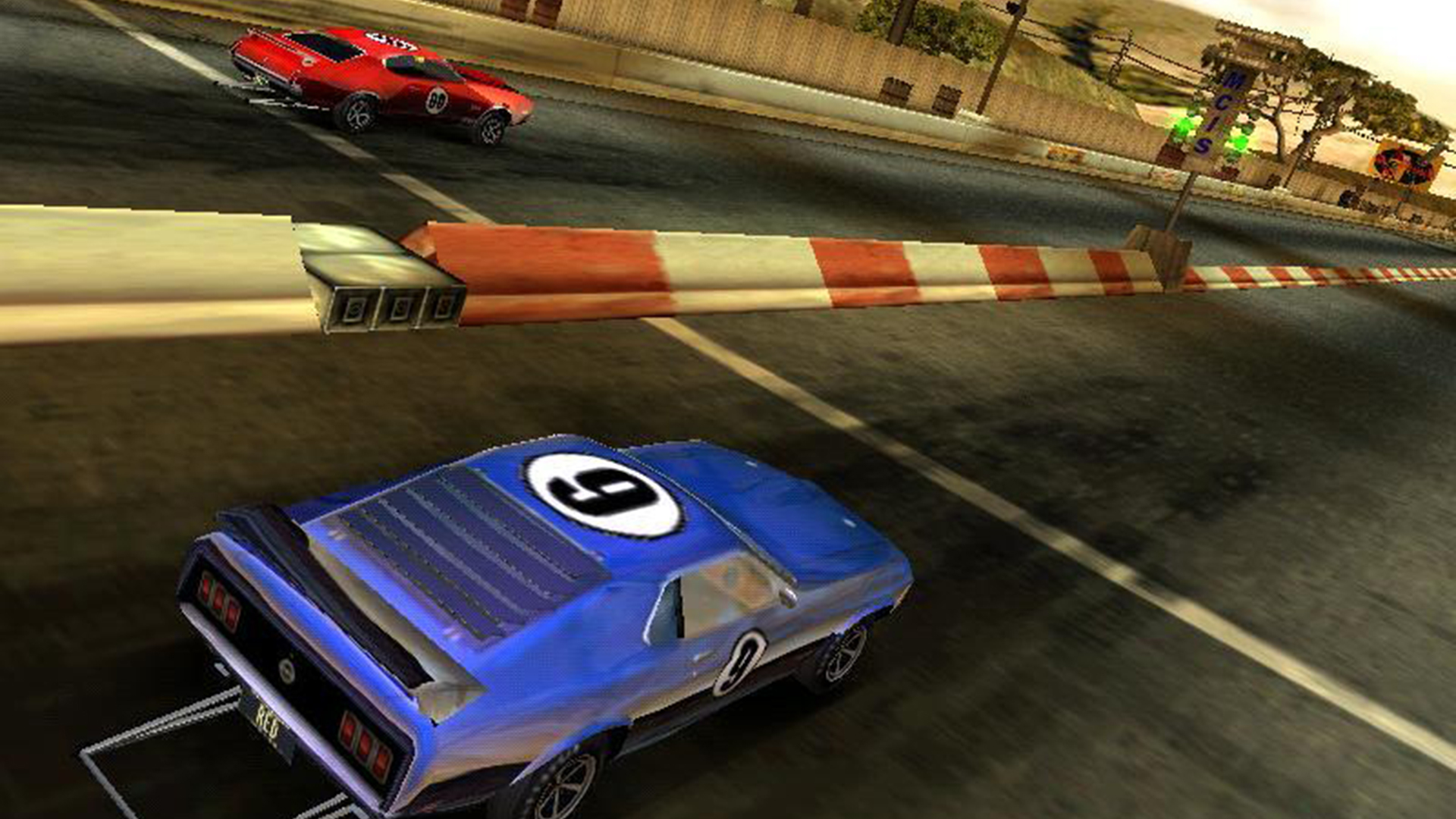
Motor City Online, 2001-2003
EA's stint of failed MMOs first started with Motor City Online, an ambitious blend of racing games and MMOs that existed long before the likes of Test Drive Unlimited and The Crew—what a bold pitch all the way back in 2001. Motor City Online was more than just a celebration of American car culture, it also featured an inventive supply-and-demand economy where you could sell and bid for parts along with an RPG-esque garage system for tuning and swapping out parts to give your muscle car the extra edge it needed in a race.
Unfortunately, Motor City Online's ambitious take on racing didn't find much of an audience. Without a true persistent world to drive around in and a subscription fee pushing many curious players off the fence, it struggled to find drivers to fill its empty lobbies. Unpredictable lag that caused rival cars to warp around the map didn't help either, and in 2003 EA decided to haul this one off to the scrap yard.
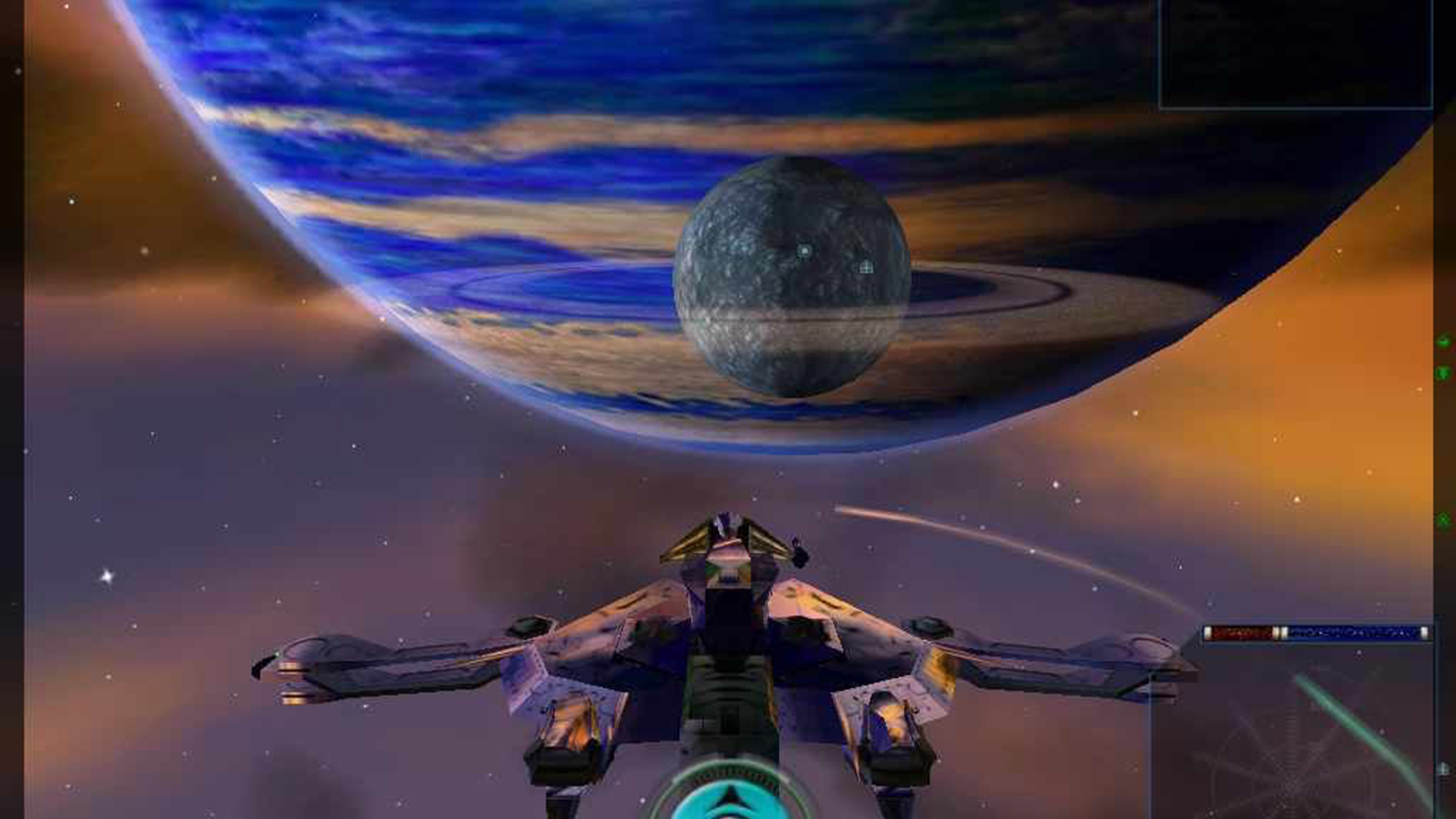
Earth and Beyond, 2002-2004
Earth & Beyond is tragic for many reasons, but most notably because it was the final game to be ever released by Westwood Studios before EA took it out back and Old Yeller'ed it. Earth and Beyond was one of the first MMOs to abandon the fantasy landscapes that dominated the genre and set its sights on the stars above. An intuitive leveling experience was one of its best aspects, which split experience gains between the three separate disciplines of combat, trading, and exploring. Though Earth and Beyond was a more subdued experience compared EVE Online's brutal political scheming, it was made more intimate by the fact that you directly controlled your ship instead of giving it general commands.
What's sad is that Earth and Beyond was cancelled for no clear reason. Though it wasn't a resounding success, it also wasn't overly flawed or hampered by troubled development. In the end, it was EAs management structure that probably killed the game, as in those days its buyouts of smaller studios were anything but smooth transitions. It's a shame too, because who knows what kind of game Earth and Beyond might have evolved into?
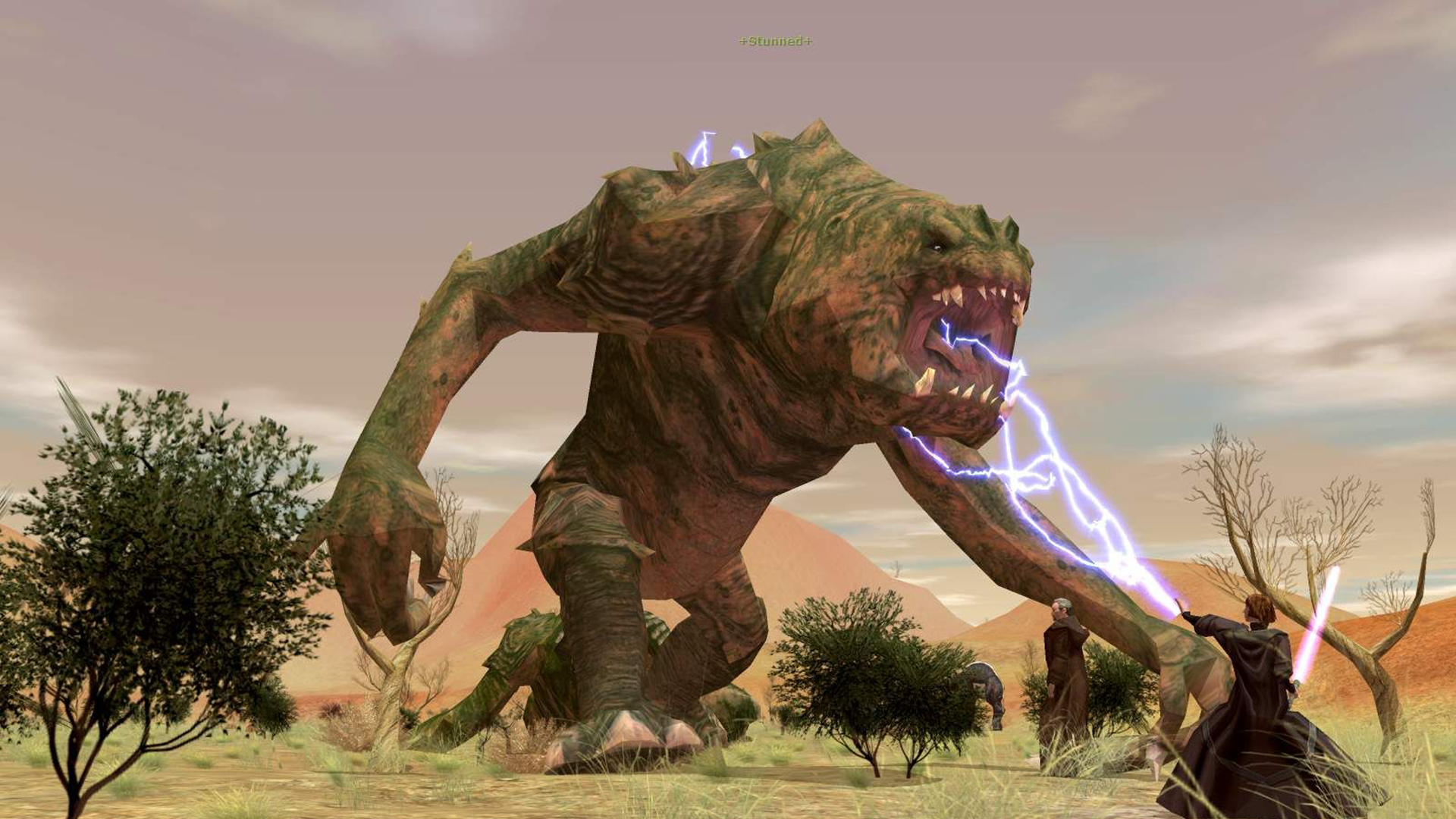
Star Wars Galaxies, 2003-2011
Do a little hunting into various MMO communities, and it's easy to find mountains of comments and threads lamenting the slow death of Star Wars Galaxies. It was an MMO that struggled throughout its entire life to find a firm footing before eventually dying due to a series of sweeping changes that killed what was so special about it in the first place. If you remove your nostalgia goggles for just a moment, what you'll see is that Star Wars Galaxies was a deeply flawed and overly complicated game. It was also one of the most unique and celebrated MMOs to ever exist, one that let you feel like a true citizen of a dynamic and evolving community.
What ultimately killed Star Wars Galaxies wasn't the servers finally closing due to Sony Online Entertainment's license for Star Wars ending, it was the controversial New Game Enhancements that stripped the game of its unique professions while also simplifying a host of other systems. John Smedley, president of SOE, would later outright apologize for the changes, regretting that the team "didn't listen to the fans when we should have." But it was already too late, players were fleeing the game in droves, and SOE tried fruitlessly for years to scrub the stains from their reputation.
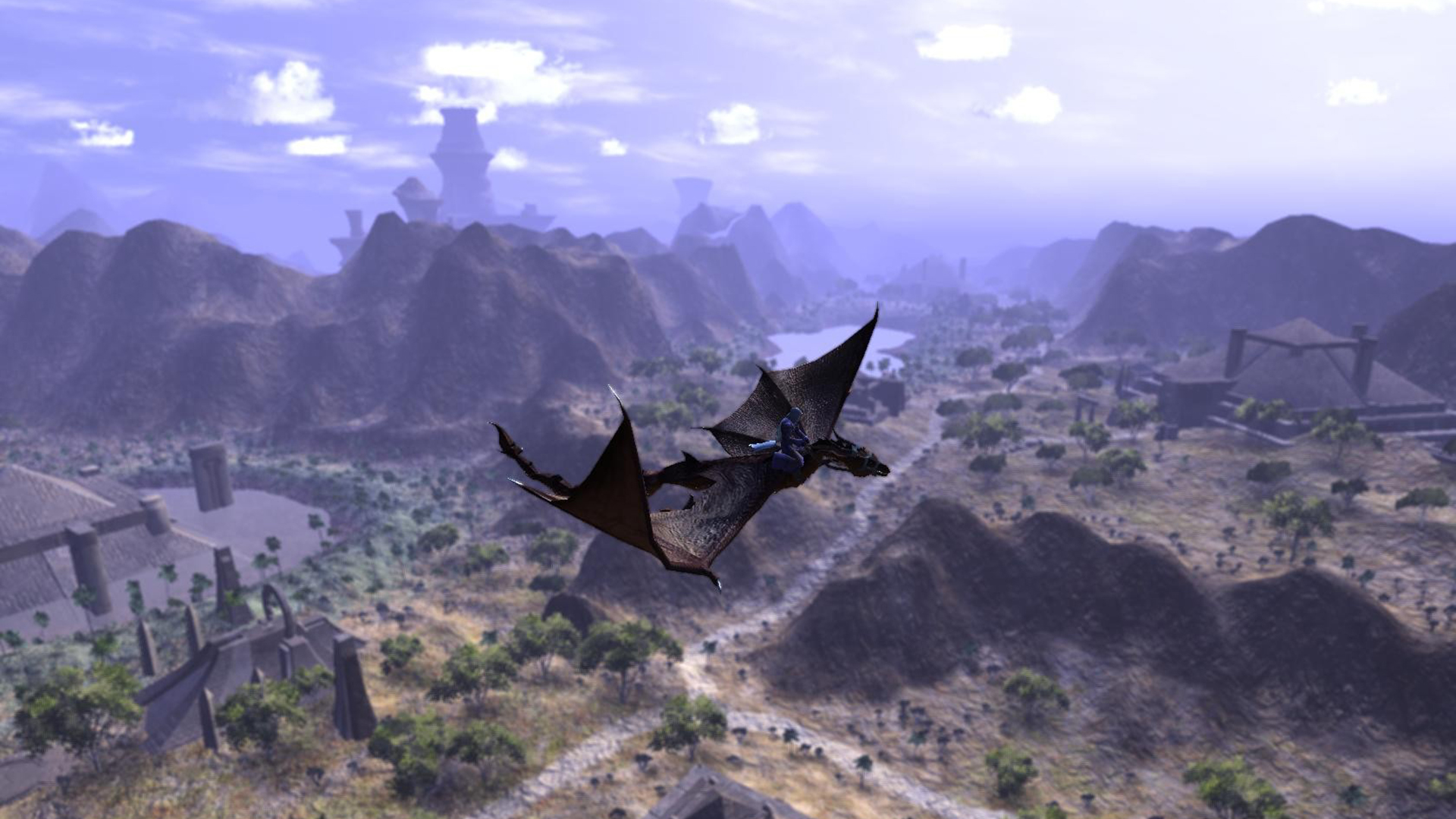
Vanguard: Saga of Heroes, 2007-2014
There's a lot of things that have killed the various MMOs on this list, but none of them launched in the abysmal state that Vanguard: Saga of Heroes did. Vanguard reunited many the biggest names in the genre, chiefly John Smedley and Brad McQuaid, who were crucial in the development of Everquest. What was meant to be a reimagining of what made Everquest so popular was instead a glitchy mess, becoming one of the worst launches in PC gaming history.
After a publishing deal with Microsoft collapsed, Vanguard and Sony Online Entertainment teamed up to finish and launch the game, but SOE didn't give Vanguard the time it desperately needed, instead punting it out into the hungry masses six months early. The decision was disastrous. Even though the team was eventually able to squash the armies of bugs that plagued every moment of the game, Vanguard would never recover. As time went on, nasty rumors about the game's troubled development came to light, including the impromptu firing of the original development team and sensational accusations pointed at McQuaid and his absence during crucial moments of development.
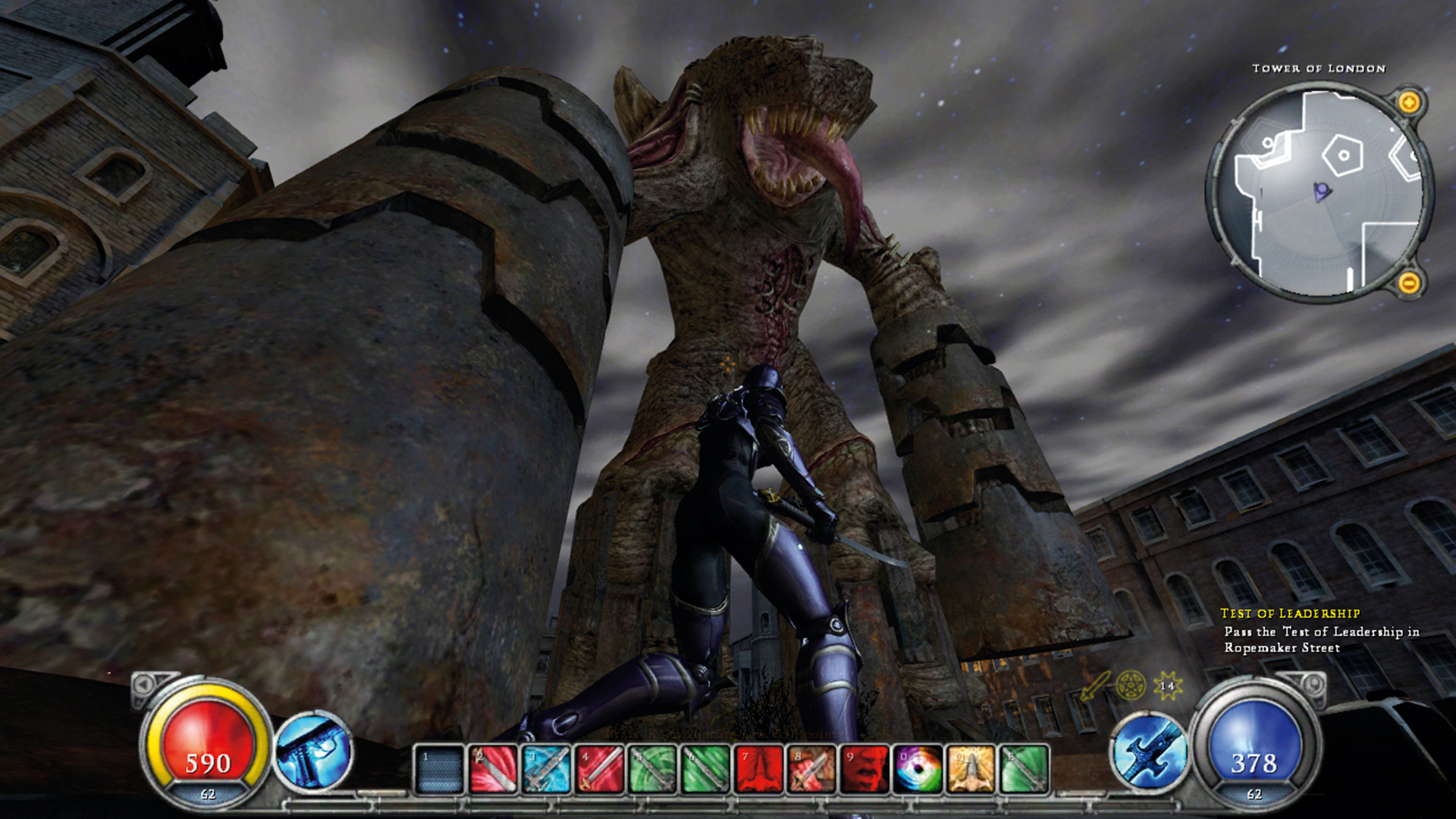
Hellgate: London, 2007-2008
While Hellgate: London might be more comparable to a hybrid MMO like Destiny rather than a traditional one, that didn't stop fans from salivating at the idea of a modern dungeon crawler from many of the people who had made Diablo. The hype surrounding Hellgate was off the charts, and with six different publishers worldwide along with an absurd amount of merchandising and marketing, Hellgate had every chip on the table and no plan B.
What killed Hellgate wasn't that the the game was bad, per se, it just wasn't all that special. With a wonky optional subscription model, highly publicized issues like customers being billed multiple times, and a mediocre critical reception, Hellgate imploded on itself in record time. Months after launch, developer Flagship Studios was tossing employees overboard in an attempt to stop the ship from sinking, but it wouldn't be enough and the company was seized by the bank that had invested millions into it. Hellgate: London would live on in Asian territories, remade as a free-to-play title in Korea, but that was little comfort to the 100,000 players who had bought premium lifetime subscriptions for a game that would only live for little more than a year.
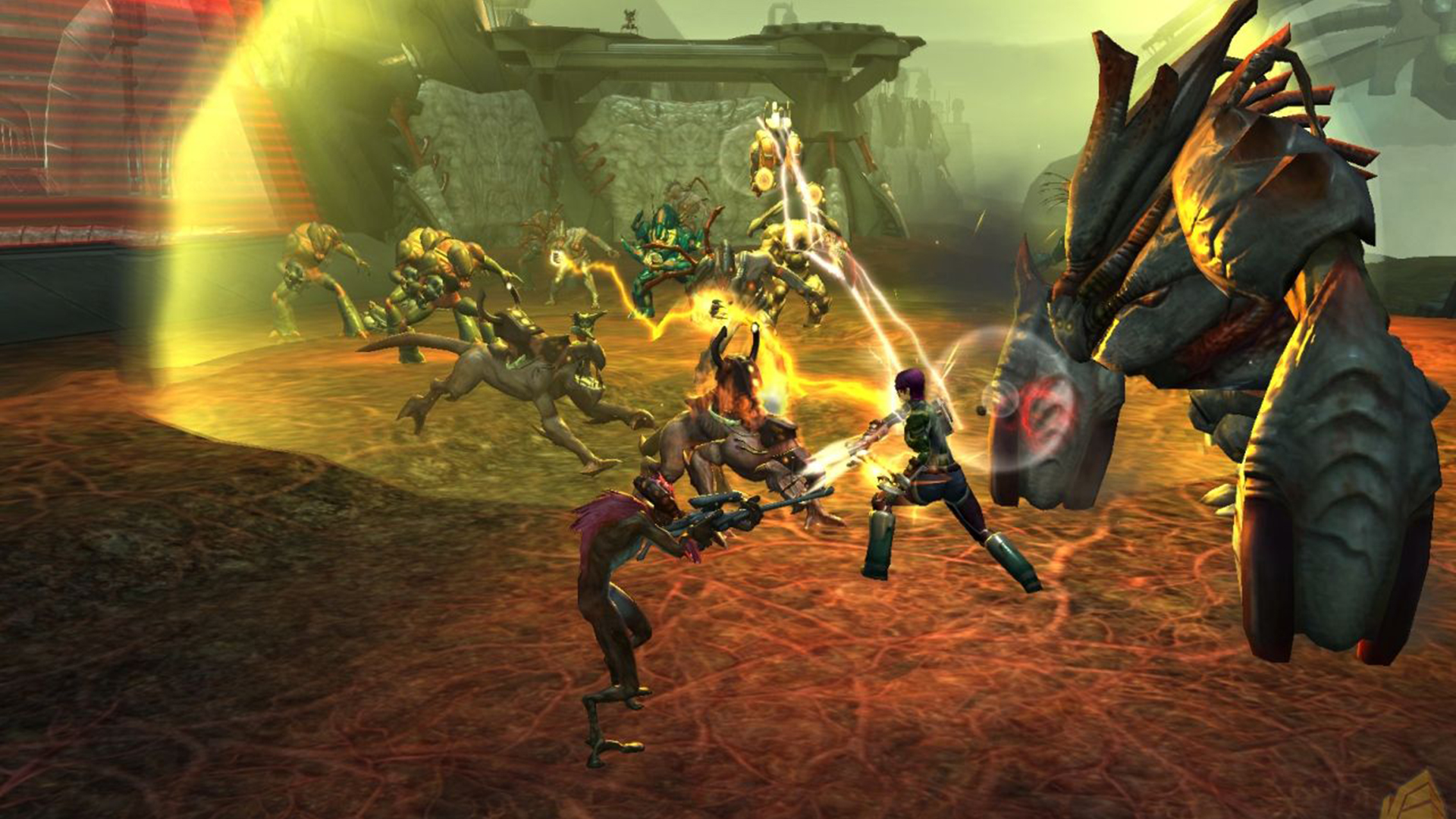
Tabula Rasa, 2007-2009
When Richard Garriott, the celebrated creator of the Ultima series and producer for City of Heroes, decided to create an MMORPG, people paid attention. Tabula Rasa wasn't just another by-the-books MMO, either. It blended fast-paced shooting with the flexibility and depth of character progression that made the genre so engaging to begin with. Perhaps its biggest ambition was to scrap the static environments full of infinitely respawning enemies in favor of dynamic warzones with battlelines that would ebb and flow according to the decisions and presence of players.
Unfortunately, Tabula Rasa was a victim of its own ambition and the growing tensions between Garriott and publisher NCSoft. In an interview with Eurogamer, Garriott explained how Tabula Rasa wasted years trying to appeal to the Asian market, burning millions of dollars in the process before ultimately becoming a more globally-minded product. This wavering vision for the game showed in the final release, with a plethora of bugs and half-baked ideas weighing down its more original aspects. In the end, Tabula Rasa wasn't much of a commercial success, and NCSoft decided to shut it down, leading to a nasty litigation when the company forced Garriott out of the picture in late 2008 and then lied about it.

With over 7 years of experience with in-depth feature reporting, Steven's mission is to chronicle the fascinating ways that games intersect our lives. Whether it's colossal in-game wars in an MMO, or long-haul truckers who turn to games to protect them from the loneliness of the open road, Steven tries to unearth PC gaming's greatest untold stories. His love of PC gaming started extremely early. Without money to spend, he spent an entire day watching the progress bar on a 25mb download of the Heroes of Might and Magic 2 demo that he then played for at least a hundred hours. It was a good demo.

